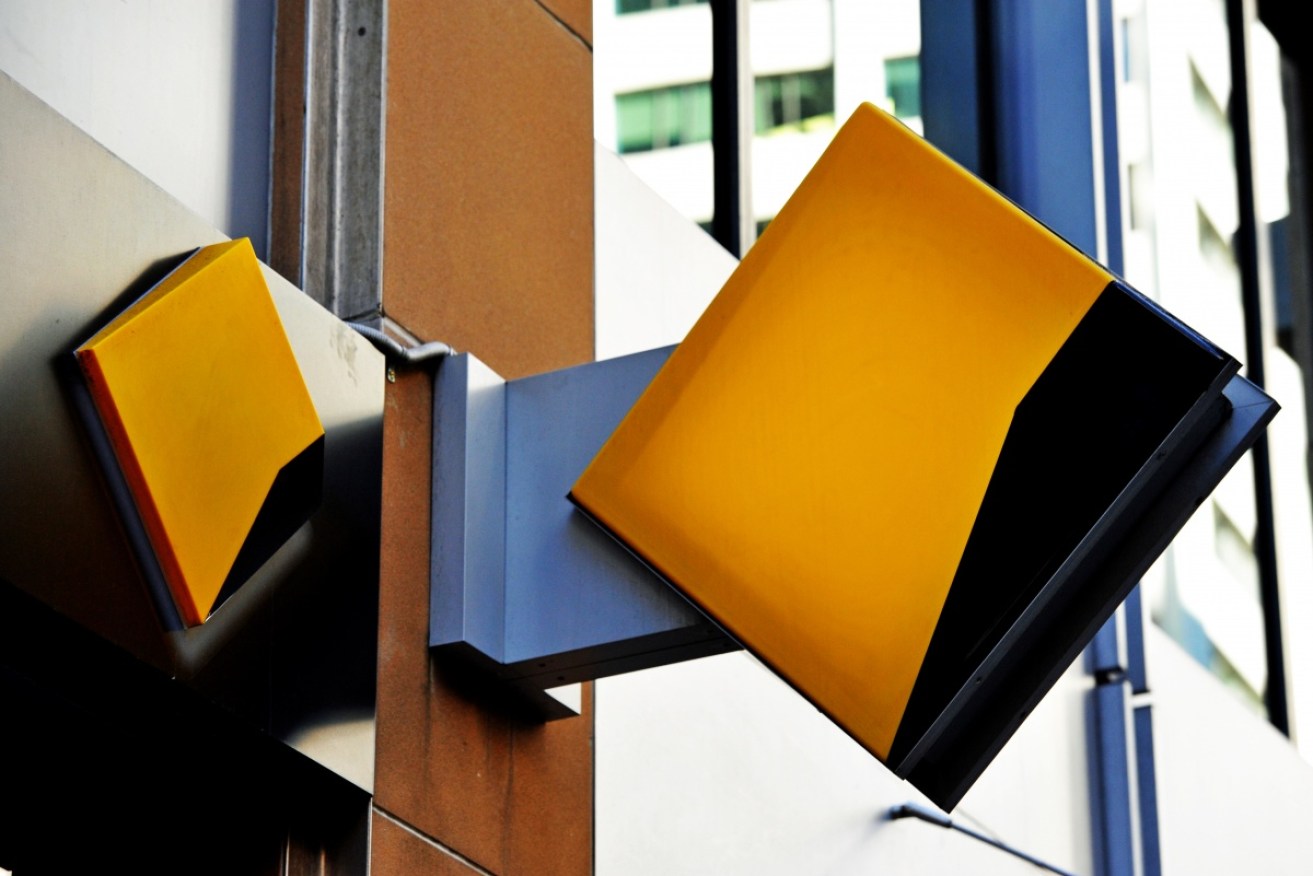CBA faces record-breaking class action over money laundering scandal


CBA has posted a higher full year profit on strong business and home loans volumes. Photo: Getty
The Commonwealth Bank could face what legal firm Maurice Blackburn expects to be Australia’s largest ever shareholder class action over its alleged failure to inform investors of AUSTRAC’s accusations it breached money laundering and terrorism financing laws.
The proposed action will allege CBA breached its obligations by failing to inform the market about the money-laundering allegations when they were first made in 2015.
“The CBA admitted in an ASX announcement on 9 August of this year that it was aware of its failures in relation to the anti-money laundering and counter-terrorism financing legislation in the second half of 2015,” Maurice Blackburn national head of class actions Andrew Watson told a news conference Wednesday.
“But at that stage, it made no announcement to shareholders of its awareness of those breaches. In fact, on the contrary, it said nothing for nearly two years,” Mr Watson said.
“Worse, on its website and in repeated statements to the market, it asserted its compliance with that legislation. The truth is it was not in compliance.”
“The truth is that, for nearly two years, shareholders were actively misled by what should have been, as Australia’s largest bank, an exemplar of good corporate conduct and good disclosure practices,” Mr Watson said.
News of the allegations coinciding with a five per cent share price slump when it was finally announced last month.
Australia’s biggest-ever settlement in a class action was the $200 million won by Maurice Blackburn for shareholders of Centro Properties in 2012.

Maurice Blackburn’s Andrew Watson says the lawsuit will be Australia’s biggest ever. Photo: AAP
Mr Watson said he was confident the CBA class action would eclipse that settlement.
“On any view, it will be very large. How large is, of course, a question we can’t be certain of until we have obtained registration from aggrieved shareholders and until the proceedings have advanced further,” he said.
“But Maurice Blackburn is the only law firm to have settled a shareholder class action for more than $100 million. We have done it on six occasions, including in the Centro case, and if you want my assessment, this case will be bigger than all of those cases.”
Maurice Blackburn said the Commonwealth Bank has around 800,000 shareholders who suffered a significant share price drop when AUSTRAC launched its Federal Court proceedings on Thursday August 3.
While Commonwealth Bank shares did not move much that day, they fell 3.9 per cent the day after, when traders had a chance to digest the seriousness of the breaches and the prospect of multi-billion-dollar penalties.
The $3.25-a-share decline on that Friday alone wiped around $5.6 billion off CBA’s market value, giving a sense of the potential scale of the lawsuit’s claim.
“There are thousands upon thousands [of potential class action applicants]. Thousands upon thousands of retail shareholders. We are talking about all of the largest financial institutions in Australia who invest in shares on the Australian market,” Mr Watson said.
“If you invest in shares on the Australian market, the chances are you will have a bank stock and CBA is the largest of the bank stocks,” he said.
The New Daily contacted the Commonwealth Bank, but had yet to receive comment on the lawsuit by the time of publication.
The CBA’s money-laundering scandal has already claimed the scalp of its CEO, with the announcement that Ian Narev will retire by June 2018.
Mr Narev led CBA to a series of record annual profits, but was under intense pressure since AUSTRAC alleged the bank breached money laundering laws.
“In discussions with Ian, we have … agreed it is important for the business that we deal with the speculation and questions about his tenure,” chair Catherine Livingstone told the market on Monday morning.
Public pressure ramped up when he handed down a record full-year $9.8 billion profit the previous week. He has been at the bank’s helm since December 2011, through a storm of allegations and public hearings.
The bank’s board has itself come under pressure for its handling of money laundering case, which is at least the fifth to rock the bank in recent years. Some analysts have called for board renewal.
The board’s first attempt at damage control was to slash short-term bonuses for executives to zero for 2016-17, and to cut their own directors fees by 20 per cent in 2017-18.
– With agencies








